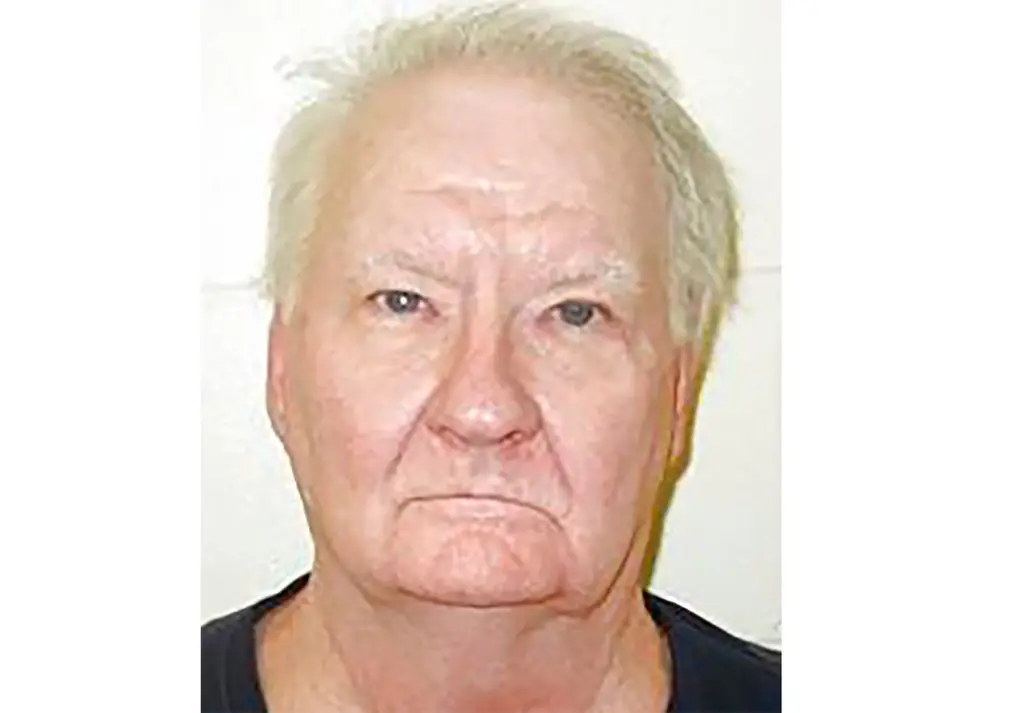In a remarkable legal saga that has captivated many, Benjamin Schreiber, a convicted murderer serving a life sentence without parole, made an audacious claim: he argued that he had fulfilled his sentence by briefly dying in 2015. His plea for freedom was swiftly met with skepticism and ultimately rejection by the Iowa courts.
Schreiber’s tale began in 1996 when he was sentenced for the murder of a man with an ax handle. Over the years, he had pursued numerous unsuccessful appeals. However, in 2018, he presented a novel argument to the court: during a medical emergency in 2015, he technically died, only to be resuscitated against his wishes. Schreiber contended that this event constituted the completion of his life sentence.
The courts, however, were unconvinced. Judge Amanda Potterfield, in a recent ruling, succinctly captured the essence of the case: “Schreiber is either still alive, in which case he must remain in prison, or he is actually dead, in which case this appeal is moot.” The legal system rejected Schreiber’s argument, emphasizing that his life sentence meant incarceration for the remainder of his natural life, regardless of any temporary demise and revival.

This extraordinary case draws parallels with past legal endeavors. Jerry Rosenberg, convicted of murdering two New York police detectives in 1962, similarly sought release in 1988, claiming he had died during surgery. The judge dismissed Rosenberg’s plea, highlighting the practical implications of deeming someone legally dead and the ensuing complexities in various legal contexts.
Legal experts weigh in on the implications of Schreiber’s argument. Eve Brensike Primus, a professor of criminal law at the University of Michigan, notes the rarity and complexity of such cases, highlighting the intricate interplay between medical conditions and sentencing terms. I. Glenn Cohen, a professor at Harvard Law School specializing in medical ethics and the law, deems Schreiber’s argument clever but ultimately untenable, as it blurs the legal definitions of life and death.
While Schreiber’s case may seem extraordinary, its implications reverberate beyond the confines of the courtroom. It prompts contemplation of the intersection between medical science and the law, raising profound questions about the nature of life, death, and the administration of justice.
In the end, Benjamin Schreiber’s quest for freedom, grounded in a momentary brush with mortality, serves as a stark reminder of the complexities and nuances inherent in the legal system’s treatment of life imprisonment. As the legal dust settles, Schreiber remains behind bars, his plea for liberation thwarted by the steadfast application of the law’s immutable principles.



















































